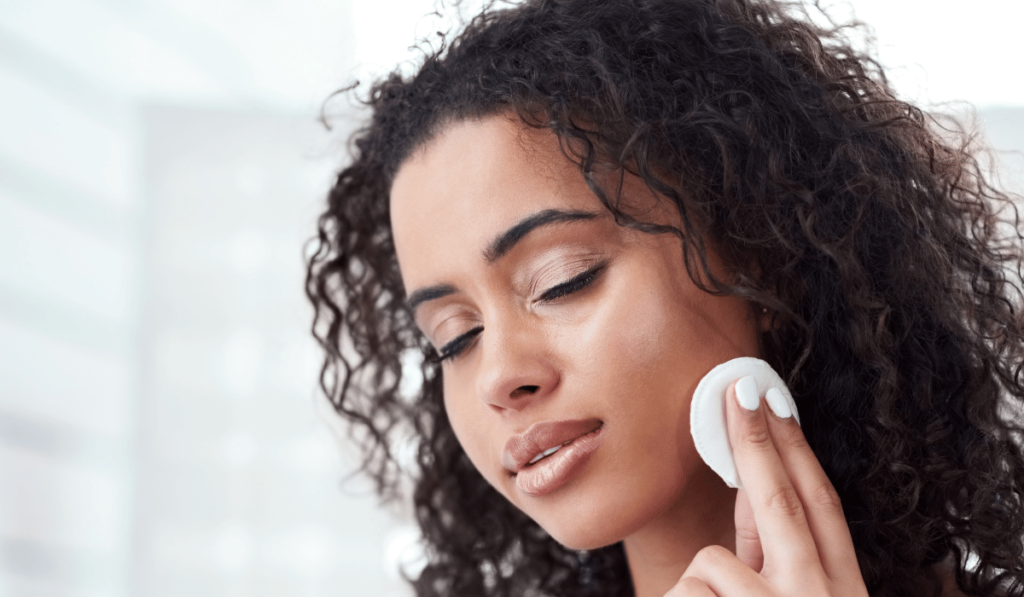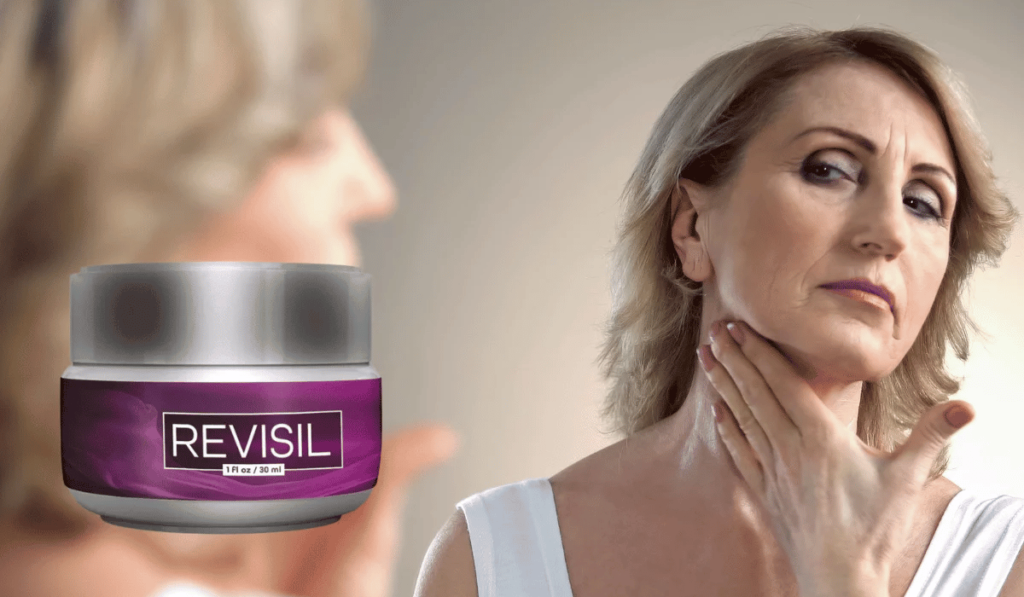Ensuring the protection of your skin from the harmful effects of the sun is crucial for maintaining your skin’s health and preventing premature aging and skin cancer. With so many options available, it can be overwhelming to choose the right sunscreen. This blog post will guide you through the top sunscreens recommended by dermatologists, ensuring that you can make an informed decision when it comes to protecting your skin from the sun’s harmful rays. By the end of this post, you will have a clear understanding of the top sunscreens that healthcare professionals trust and recommend for efficacy and protection. Remember, your skin’s health is in your hands, and choosing the right sunscreen is a crucial step in maintaining it.
Key Takeaways:
- Broad-spectrum protection: The recommended sunscreens protect against both UVA and UVB rays, helping to prevent skin aging, sunburn, and skin cancer.
- Non-comedogenic formulations: Dermatologists prioritize sunscreens that are suitable for all skin types, including those prone to acne, as they are less likely to clog pores or cause breakouts.
- Water-resistant options: Many of the top recommended sunscreens are water-resistant and offer long-lasting protection, making them ideal for outdoor activities and swimming.
Broad-Spectrum Sunscreens
The best type of sunscreen for your skin is a broad-spectrum formula. This means that it protects your skin from both UVA and UVB rays, which are the two types of ultraviolet radiation that can cause skin damage. UVB rays are the ones that cause sunburn, while UVA rays penetrate deeper into the skin and can cause long-term damage, such as wrinkles and skin cancer. Using a broad-spectrum sunscreen ensures that you are fully protected from both types of harmful rays.
Best for All Skin Types
When it comes to finding the best broad-spectrum sunscreen for all skin types, you need to look for a product that is labeled as non-comedogenic, which means it won’t clog your pores or cause breakouts. Additionally, you should choose a sunscreen that is formulated for both the face and body, so you can use it all over. Look for ingredients like zinc oxide and titanium dioxide, which are gentle on all skin types and provide effective broad-spectrum protection. Here are the best broad-spectrum sunscreens for all skin types:
- Zinc oxide and titanium dioxide formulations
- Non-comedogenic formulas
- Face and body options
- SPF 30 or higher
- Fragrance-free and hypoallergenic choices
The best sunscreen for all skin types should meet these criteria to ensure effective and safe protection for your skin. The SPF rating is also crucial, as it will determine how long you can stay in the sun without getting burned. Always remember to reapply sunscreen every 2 hours or after swimming or sweating, especially if you are using a sunscreen with water-resistant properties. The right broad-spectrum sunscreen will keep you protected while nourishing your skin.
Top Water-Resistant Options
When you are looking for water-resistant sunscreen, you need to make sure it can provide long-lasting protection, even when you are swimming or sweating. Water-resistant sunscreens are necessary for outdoor activities or when you are in the water, as they give you an added layer of protection that regular sunscreens can’t provide. Look for sunscreens that are labeled as water-resistant for up to 80 minutes for the best results. These formulas will ensure that you stay protected while enjoying your favorite water activities.
Sunscreens for Sensitive Skin
One of the most important considerations when choosing a sunscreen for sensitive skin is to look for formulas that are gentle and non-irritating. Sensitive skin can react to certain ingredients commonly found in sunscreens, so it’s essential to be mindful of what you’re putting on your skin. Fortunately, there are several options specifically designed for sensitive skin that offer both protection and comfort.
Mineral-Based Formulas
If you have sensitive skin, you may want to consider using a mineral-based sunscreen. These sunscreens contain zinc oxide and titanium dioxide, which are gentle on the skin and less likely to irritate. They create a physical barrier that reflects and scatters UV rays, providing broad-spectrum protection without penetrating the skin. Look for a mineral sunscreen with at least 10% zinc oxide for optimal protection without the risk of irritation. Mineral-based formulas are also a great option for those with sensitive skin because they are less likely to clog pores and are water-resistant, making them suitable for outdoor activities.
Fragrance-Free and Hypoallergenic Picks
When you have sensitive skin, it’s important to choose a sunscreen that is fragrance-free and hypoallergenic. Fragrances and other additives can trigger allergic reactions and irritation in sensitive skin. Look for sunscreens that are labeled as fragrance-free, hypoallergenic, and free of common irritants such as parabens, phthalates, and dyes. These formulations are specifically designed to minimize the risk of allergic reactions and are gentle enough for even the most sensitive skin types. With a fragrance-free and hypoallergenic sunscreen, you can protect your skin without worrying about potential irritation or discomfort.
Sunscreens with Added Skincare Benefits
Your skin deserves the best protection from the sun’s harmful rays, but why settle for just sun protection when you can also get added skincare benefits from your sunscreen? Many sunscreens on the market today offer more than just SPF, they also include additional ingredients that offer skincare benefits. Whether you’re looking for anti-aging properties or added moisture, there’s a sunscreen out there that can meet your specific skincare needs.
Sunscreens with Anti-Aging Properties
If you’re looking to combat the signs of aging while protecting your skin from the sun, look for a sunscreen that contains anti-aging properties. These sunscreens often include ingredients like antioxidants, peptides, or hyaluronic acid that help to fight the signs of aging while providing SPF protection. These added skincare benefits can help to improve the overall health and appearance of your skin, making it an excellent choice for those who are concerned about aging skin.
Sunscreens Containing Moisturizers
For those with dry or aging skin, a sunscreen that contains moisturizers can be a game-changer. Moisturizing sunscreens often include ingredients like glycerin, ceramides, or shea butter to help keep your skin hydrated and protected from the sun. By choosing a sunscreen with added moisturizers, you can ensure that your skin stays nourished and healthy even while being exposed to the sun’s rays.
Sunscreen Application and Usage Tips
After choosing the right sunscreen for your skin, it is crucial to use it properly to ensure maximum protection. Here are some tips and best practices to keep in mind when applying and using sunscreen:
- Apply sunscreen generously to all exposed skin at least 15 minutes before sun exposure
- Reapply every 2 hours, or immediately after swimming or sweating
- Use a broad-spectrum sunscreen with a minimum SPF of 30
- Remember to cover often-forgotten areas such as the ears, the back of the neck, and the tops of your feet
After applying sunscreen, it’s essential to remember that using sunscreen alone is not enough to protect your skin from the sun. You should also seek shade during peak sun hours, wear protective clothing like hats and sunglasses, and avoid extended sun exposure to prevent skin damage and skin cancer.
Proper Application Techniques
When it comes to applying sunscreen, the most important thing is to cover all areas of exposed skin thoroughly. Make sure to use at least a teaspoon for each body part, and don’t forget areas like the ears, feet, and hands. Also, be sure to apply sunscreen evenly for maximum effectiveness.
Reapplication and Daily Use Strategies
To maintain the effectiveness of your sunscreen, remember to reapply regularly. Whether you are swimming, sweating, or just spending a long day out in the sun, reapplying every two hours is crucial. Make it a habit to incorporate sunscreen into your daily skincare routine to protect your skin from the sun’s harmful rays.
Conclusion
Drawing together the top sunscreens recommended by dermatologists provides you with a comprehensive guide to protecting your skin from harmful UV rays. Choosing a sunscreen that is recommended by experts in the field ensures that you are using a product that has been thoroughly tested and proven to be effective. By incorporating one of these top 10 sunscreens into your daily skincare routine, you can have peace of mind knowing that you are taking the necessary steps to protect your skin from the damaging effects of the sun. Remember to always apply sunscreen as directed and reapply throughout the day, especially if you are spending time outdoors. Your skin will thank you for it.
FAQ
Q: Why is sunscreen important for skin health?
A: Sunscreen is important for skin health because it helps protect the skin from the harmful effects of ultraviolet (UV) rays. Prolonged exposure to UV rays can lead to premature aging, sunburn, and an increased risk of skin cancer. Using sunscreen daily can help prevent these negative effects and maintain the overall health and appearance of the skin.
Q: How do dermatologists determine the top 10 recommended sunscreens?
A: Dermatologists determine the top 10 recommended sunscreens based on several factors, including the level of broad-spectrum protection against both UVA and UVB rays, the product’s SPF (sun protection factor), water resistance, and other skin-friendly ingredients. These recommendations are also influenced by clinical research and real-world effectiveness in protecting the skin.
Q: What should one look for when choosing a sunscreen recommended by dermatologists?
A: When choosing a sunscreen recommended by dermatologists, look for a broad-spectrum sunscreen with an SPF of at least 30. Water-resistant formulations are recommended, especially for outdoor activities or swimming. Additionally, it’s important to consider the skin type and any specific skin concerns, such as sensitivity or acne-prone skin, to find a sunscreen that suits individual needs.





